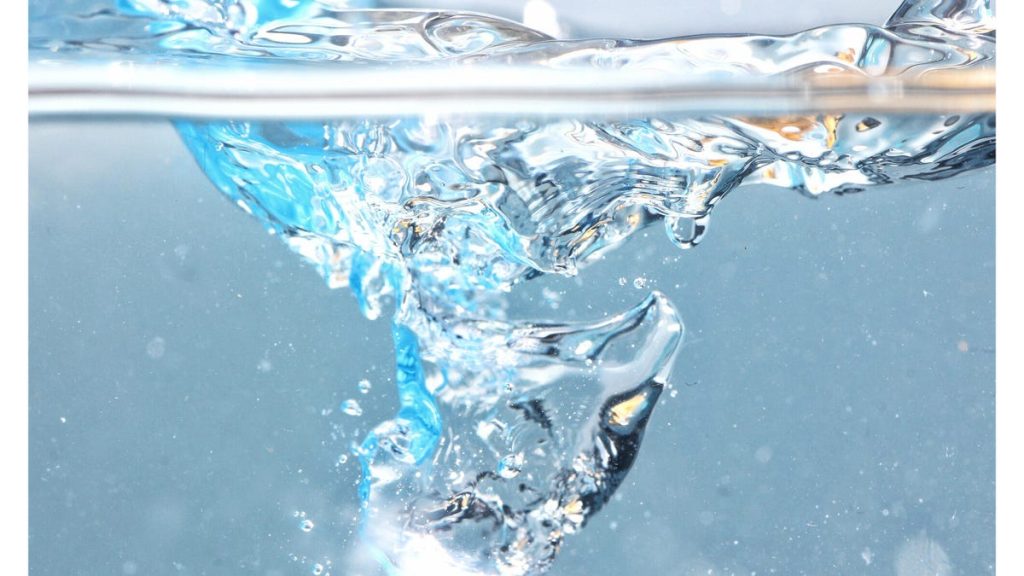It’s essential to ensure you are drinking enough water, especially in extreme heat conditions as dehydration can lead to fatigue, spikes in blood pressure, and irregular heart rate. Despite the popular belief in the eight-by-eight rule, which advocates for drinking eight glasses of 8 ounces of water each day, there is no scientific evidence to support this recommendation. The adequate intake of water for adult men is 125 ounces, and for women, it is 91 ounces. However, these numbers can vary for each person based on factors such as activity level, climate, and pregnancy or breastfeeding status.
Factors that may influence your hydration needs include having an active job or exercising regularly, living in a hot climate, or being pregnant or breastfeeding. People with active lifestyles who sweat more may need to replace lost fluids through increased water intake or sports drinks. Pregnant individuals require more water to support the growth of their baby, while breastfeeding people need extra water to aid in milk production. Various rules of thumb for staying hydrated include drinking when thirsty, consuming water before and between meals, and experimenting with different techniques such as drinking half your body weight in ounces of water per day.
Understanding your body’s signals for hydration, such as thirst, frequent urination, or the color of your urine, can help you determine if you are adequately hydrated. While the recommended intake of 64 ounces of water per day may work for some individuals, it may not be enough for others. It is essential to monitor your hydration levels based on how you feel and adjust your water intake accordingly. By experimenting with different hydration techniques, you can find what works best for you and ensure that you are not experiencing symptoms of dehydration such as fatigue, headaches, or dark urine.
While there is no formal recommendation for how much water people should drink each day, the adequate intake for men is 125 ounces, and for women, it is 91 ounces. This number can vary based on individual factors such as activity level, climate, and pregnancy or breastfeeding status. It’s essential to listen to your body’s signals for hydration, such as thirst and urine color, to determine if you are adequately hydrated. By experimenting with different hydration techniques and adjusting your water intake based on how you feel, you can ensure that you are meeting your body’s hydration needs and avoiding symptoms of dehydration.


